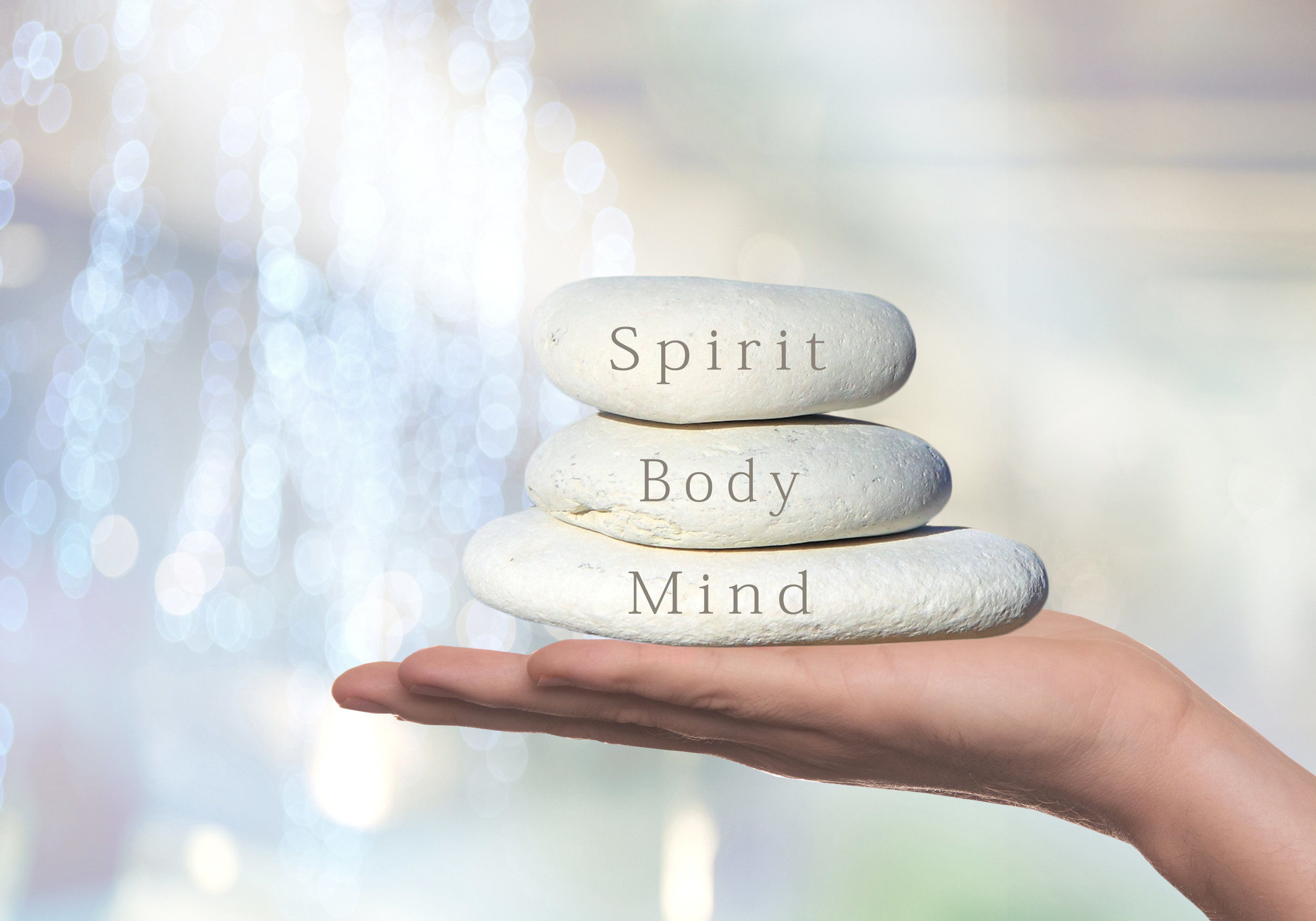My Philosophy
Psychoanalytic • Integrative • Holistic (biopsychosocial) • Humanistic (optimistic)
Psychoanalytic
Suffering does not occur in a vacuum, nor derive alone from a being dealt a hard hand or from happenstance harmful habits. If that were true, changing thoughts, behavior, and environment would be easier and more sustainable. Fortunately, this means there is no need to berate yourself if you have made resolutions, or worked hard to implement new strategies, and continue to struggle with old patterns. Much more powerful than resolutions to change are deep feelings and urges harbored toward oneself and others, often in conflict with each other and unconscious. Without unearthing and working through these, the pull to continue in old patterns is formidable. Therapeutic exploration gently unearths these threads and opens new pathways in the psychic fabric. Such a process is sometimes but not always perceptible and can be experienced variously as small and relieving or astounding and seismic shifts. As treatment evolves, the grip of old patterns softens, the mind begins to reorganize, and healing thus occurs. A patient is increasingly “freed up” to live more optimally.
Contrary to myth, the “here-and-now” (present) is paramount in analytic work. The present is influenced profoundly by the past, via mostly unconscious mechanisms. We can best understand and heal these influences by exploring unfolding experience and the past that it naturally evokes.
Integrative
At times, practical, concrete work are indicated. Such work is often misjudged to be strictly cognitive-behavioral (i.e., part of CBT), though they may be equally psychodynamic when approached thoughtfully from multiple angles (including the question of the meaning, function and role such work has for a patient, dyad, and treatment). With a rich background in both traditions, I draw from both, as their fruitful use and integration depends on the (ever-changing) context. I believe cognitive behavioral and psychoanalytic treatments have more in common than not, but are often posed in opposition due to language and stylistic differences of many practitioners. Similarly, mindfulness and acceptance-based processes naturally arise in — are part and parcel of — insight-oriented, free-associative work! They may sometimes be very deliberately harnessed, no matter what the treatment’s label.
In my experience, a nuanced understanding of these various ‘schools’ allows access to their intentional and grounded use in such a way that may increase the sophistication and efficacy of treatment.
Holistic (biopsychosocial, including spiritual, for many)
Physical, social, and for many, spiritual life, significantly affect mental life, and vice versa. Psychotherapy is enhanced by the appreciation of these interconnected threads.
Engaging multiple approaches to one’s health is helpful; I support my patients seeking out the help they need.
‘Strengths’ and ‘weaknesses’ are equally important.
Humanistic (optimistic)
In one way or another, you’re doing your best at any moment. You also have potential to do better.
People can grow and change if provided appropriate conditions AND they’re willing and committed to do difficult but hopeful work.



